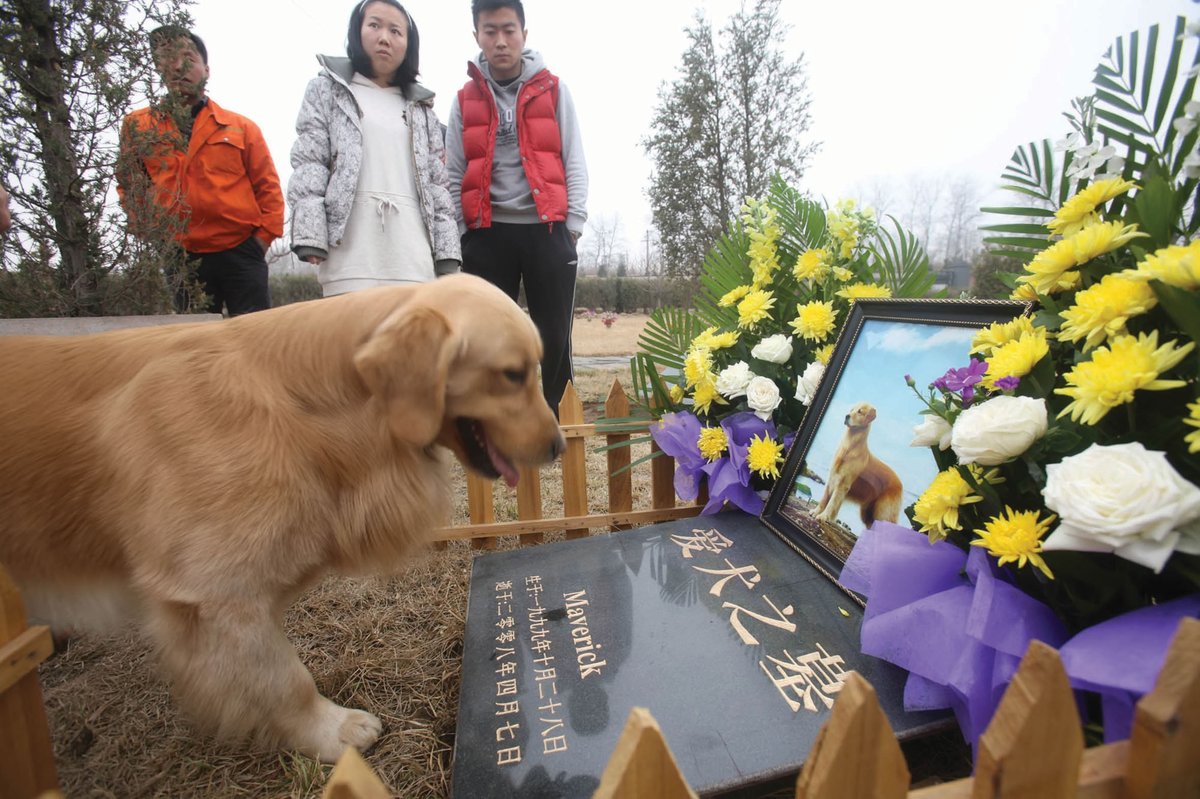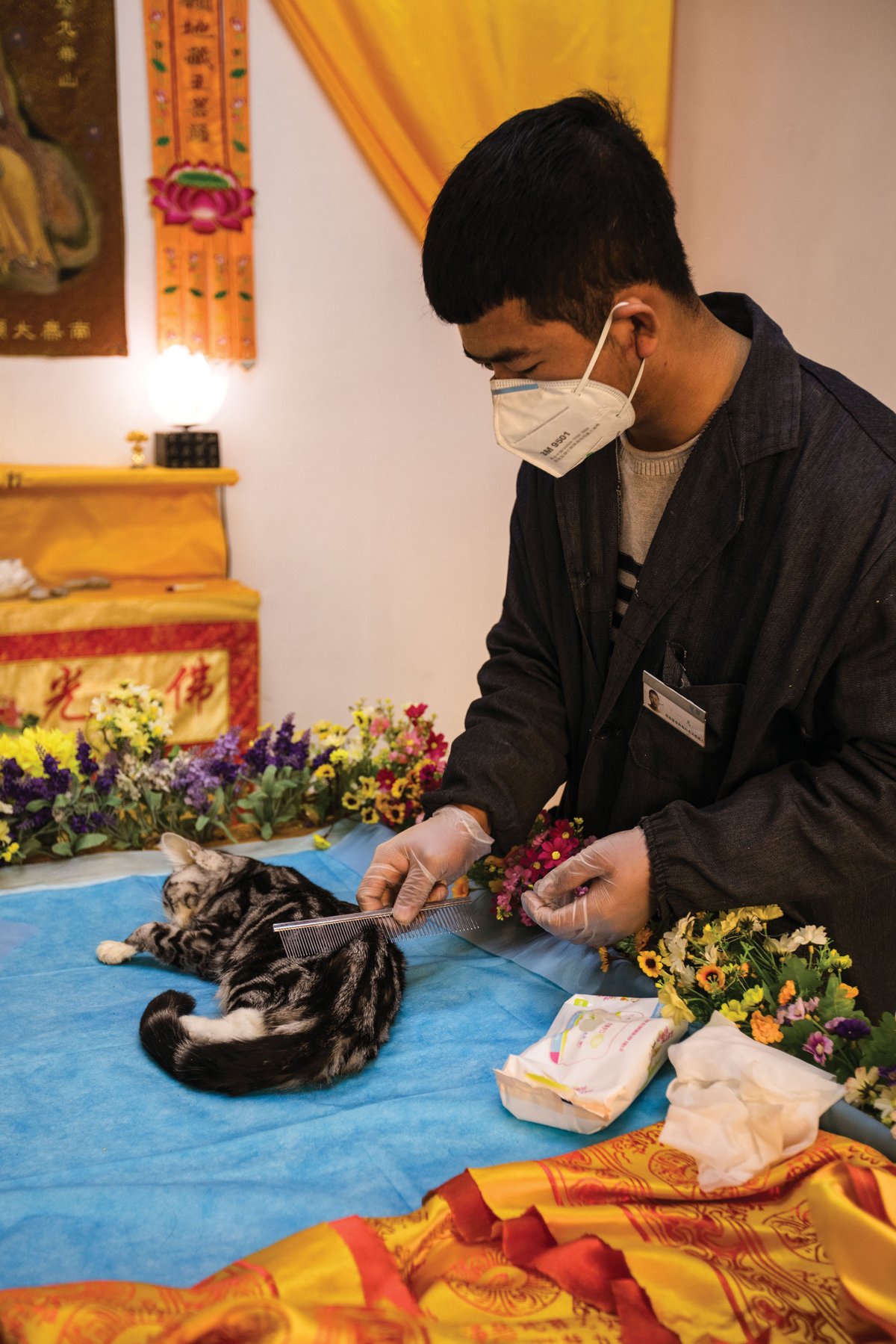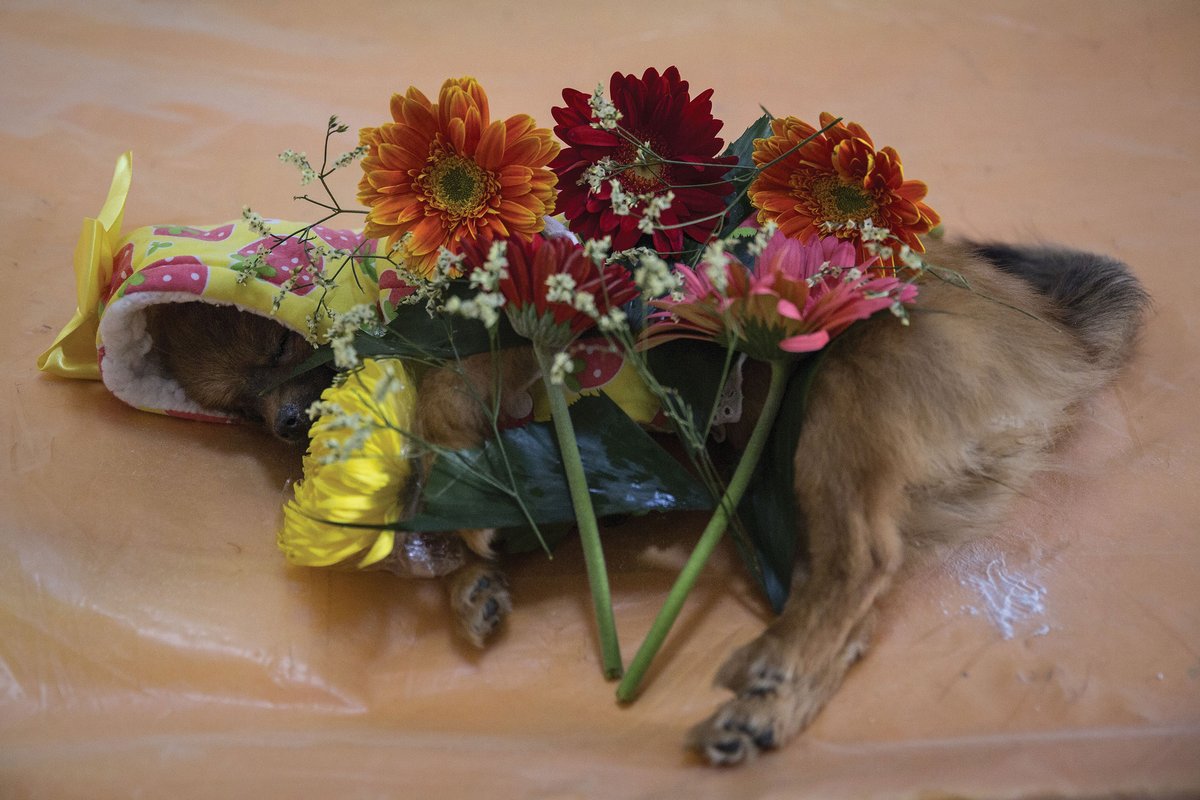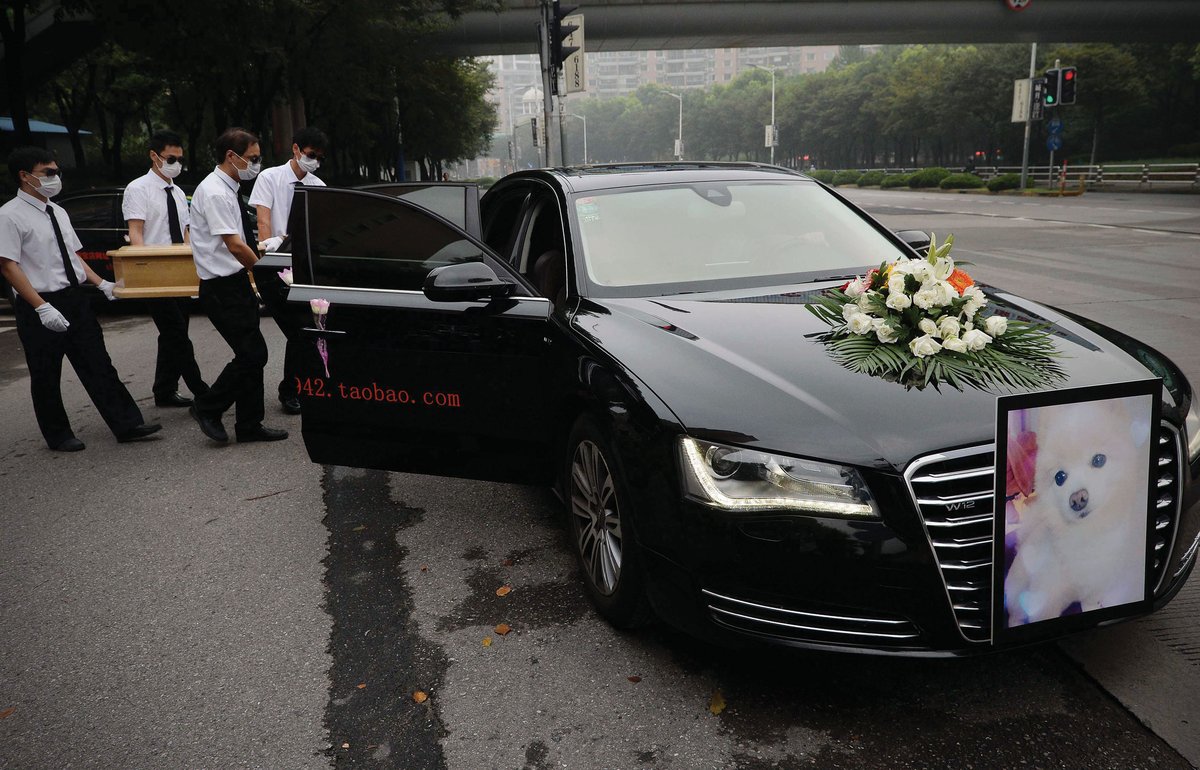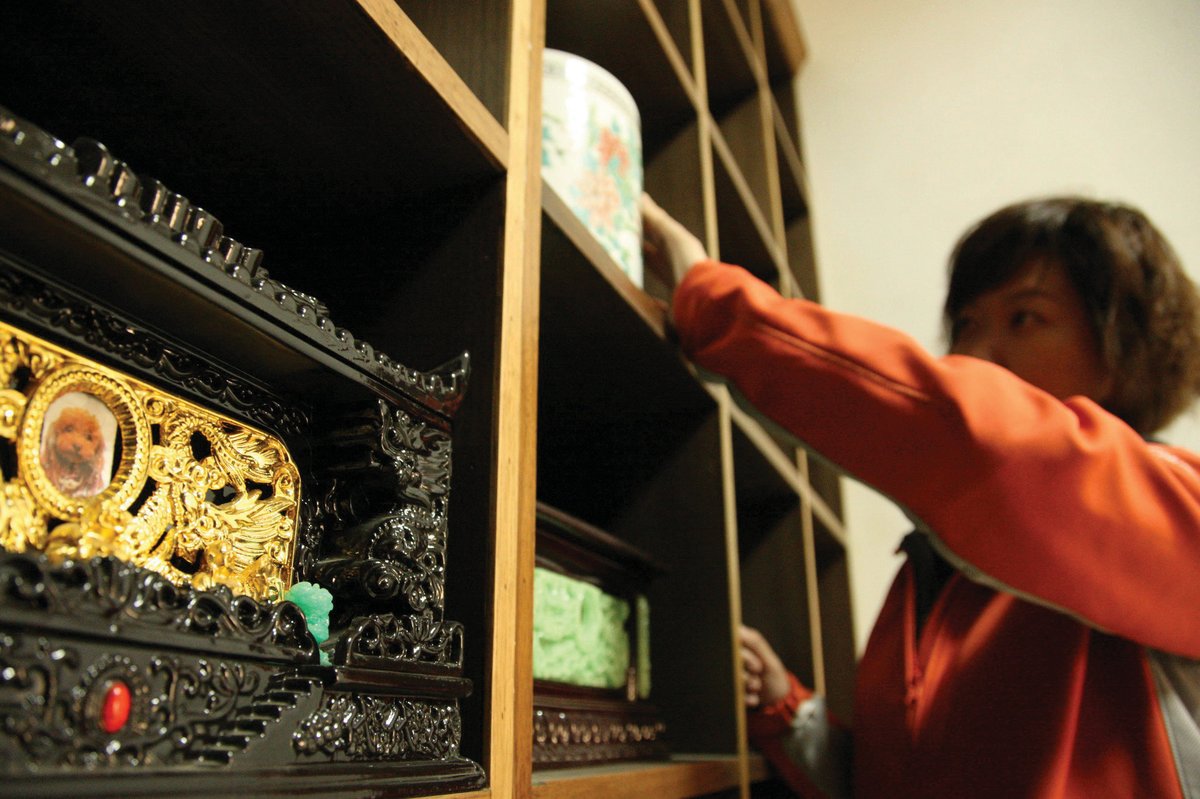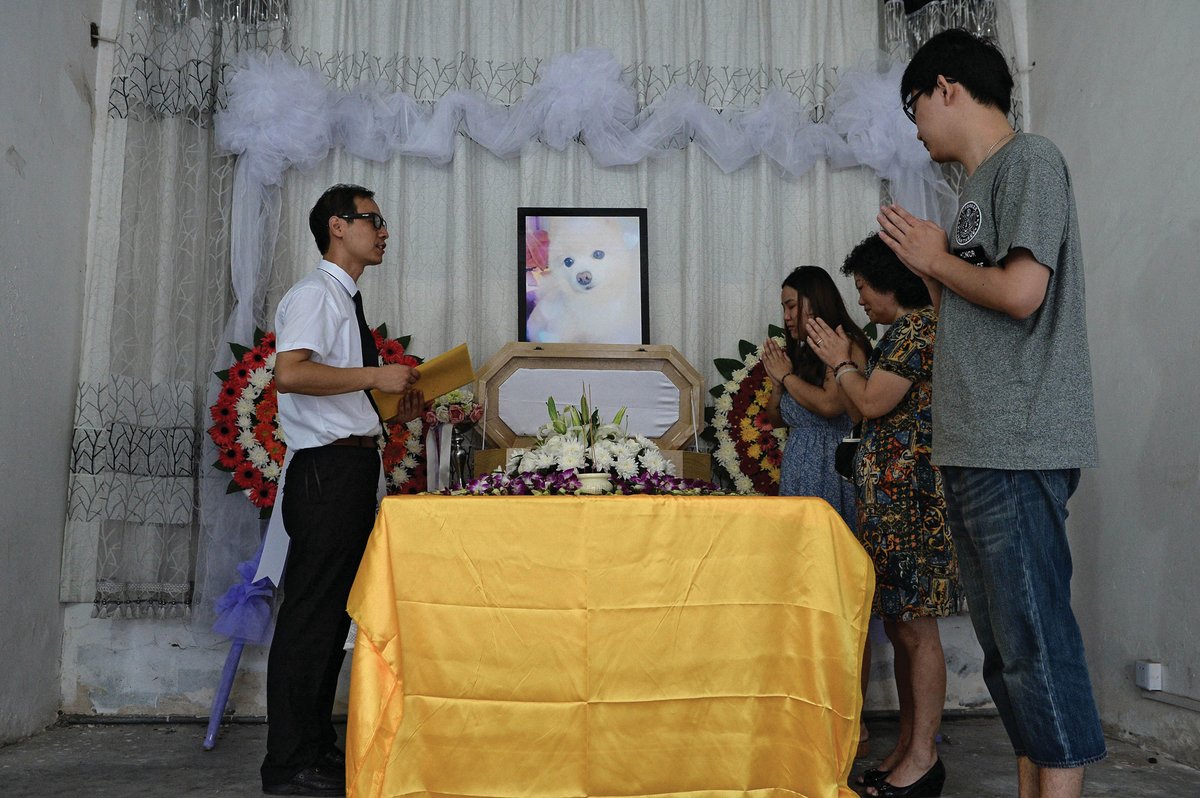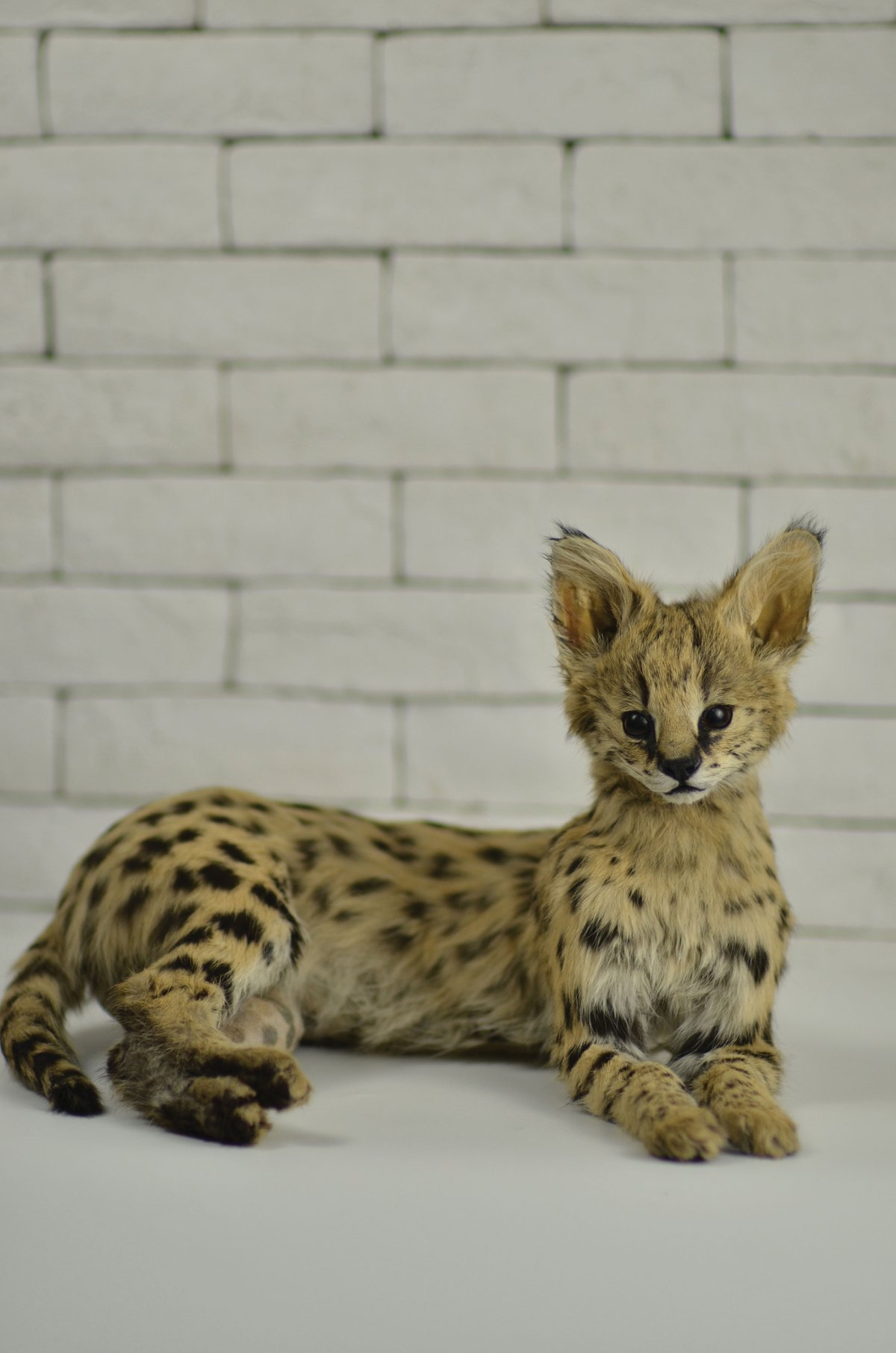Pet funerals are the latest trend in a booming pet industry
Li Chao has one lifelong regret: Not burying his best friend properly. He’s been making up for it ever since.
Li remembers Jojo’s death vividly. A long-haired husky, she’d lived with Li for seven years and witnessed some of his most intimate struggles, from bachelorhood to marriage. But one afternoon in October 2015, Jojo had an epileptic fit and died before Li’s eyes. Li wept for several hours before realizing he needed to do something about Jojo’s remains.
Unfortunately, the cremation services he contacted only added to his pain. “Their manner was cold and distant. Everything was simple and crude,” Li tells TWOC. “And the final price was higher than what we’d agreed on. I should have said goodbye to her in a much better way.” The heartbreaking experience motivated Li to make a life-changing decision—he would open his own pet funeral service, to provide the level of attention and sympathy that he and his beloved Jojo had been denied.
Over the objections of his family, Li quit his well-paid job as a media manager, and began researching the market. A month later, he founded JoyPets.
China’s pet funeral industry is on the verge of an expected boom. Citing the National Bureau of Statistics of China, a 2016 Forbes report on to overall pet industry—currently valued at 130 billion RMB (18.8 billion USD) and climbing—noted that China ranked third globally for dog ownership, with 27.4 million pet dogs, compared to 55.3 million in the US and 35.7 million in Brazil (it’s no slouch when it comes to felines, either: Chinese reportedly own 58.1 million cats). Beijing alone has 1.5 million registered dogs, according to the China Beijing Kennel Club, an organization managed by the local public security bureau. The club estimates that at least 200,000 pets die in Beijing every year, a huge potential market for firms like JoyPets.
Like most startups, JoyPets had a hard time getting people’s attention: His customers either didn’t know about his business, or didn’t think it necessary. But Li’s first customer proved to be a special case—a 35-kilogram golden retriever, paralyzed and suffering from a tumor and severe bedsores, whose owner was about to have him put down. When Li saw the dying animal, he immediately understood the need: “There was nothing more in his life but suffering.”
“Faced with the death of their beloved pets, what people need is listening, caring, and professional advice,” says Li. “They are very fragile emotionally, a tiny mistake can cause a breakdown. We must comfort them from our heart, instead of going through the procedures mechanically.” Since then, Li has accompanied many pet owners through euthanasia. Swift and painless as the process is, seeing the life drain from a pet never gets any easier. “It’s torture,” says Li. “Every time someone calls for advice, I ask very carefully about the situation, the reason why…wherever possible, I’ll suggest keeping watch, keeping [the pet] company, instead of turning to mercy killing immediately.”
Daodao was one whose fate Li delayed. The husky was suffering from incurable and painful bone cancer, but struggled intensely when taken to be put down, barking mournfully. The plan was shelved; Daodao’s owners spent another three days with their pet before the animal died peacefully at home.
To date, JoyPets has served more than 1,000 clients. For cremation services, the company charges between 400 RMB to 600 RMB per animal—and also offers a taxidermy and “souvenir” alternatives, in which cremated remains are converted into objects such as jewelry.
Yet most dead pets—about nine in 10—are still not disposed of properly or legally. Shen Ruihong, secretary general of the China Beijing Kennel Club, told the Beijing Evening News that the majority of owners bury their own pets, either in their residence’s garden or the woods or suburbs; a few simply leave them in trash bins, the body concealed in a plastic bag.
According to China’s Law on Animal Epidemic Prevention and Technical Standards for Safety Disposal of Animals Dead from Illness, issued by the Department of Agriculture, animals that die of disease should be disposed with safely regulated methods, such as burning, vaporizing, or burying in designated locations. “In practice, those who abandon their dead pets in the garbage or casually bury the remains are rarely punished,” Shen told the Beijing Evening News. “It’s difficult to regulate pet funerals.”
“Improper burial may not only break the law, but also affect neighbors,” says Li. “And the owners have to worry that the dead pets could be dug up.” He once received a tearful phone call at midnight from a young woman who feared the cat she’d recently buried in the yard of her apartment complex was about to be excavated as part of a building redevelopment project.
The incident brought home the issue for Li. “Currently, the problem [of improper burial and corpse disposal] is still serious. It’s partly because of the cost, but the main reason is lack of information. Even some pet store operators don’t know the existence of the pet funeral industry. Many of our clients tell us they never knew a pet could be cremated before.”
Others have, perhaps, embraced the industry a little too enthusiastically. In 2015, a lavish funeral in Shanghai, replete with a wake, professional mourners, and limousine-chauffeured luxury coffin, provoked a variety of outraged comments after state media outlets shared the pictures online. A search for “pet funeral” on Taobao, China’s largest e-commerce platform, brings up dozens of results for post-mortem services, with costs ranging from hundreds to thousands of RMB. In March, Beijing Youth Daily reported on the existence of several upscale pet cemeteries, where plots can cost up to 10,000 RMB.
JoyPets doesn’t offer cemetery plots or burial services. The most expensive funeral Li has organized was a memorial service for a dog, with about 20 relatives and friends attending, which cost 5,000 RMB. “We oppose over-consumption,” says Li, “The association between post-mortem pet care and sky-high burial prices results from some biased media reports. That’s a stereotype. The pet funeral is an industry, and burial is just one form of it, which the government and most practitioners don’t advocate.”
Instead JoyPets, alongside several other companies, provides ecological alternatives, such as turning remains into fertilizer that can be used to grow a houseplant, or even stuffing an animal, a procedure that Li is reluctant to discuss for fear of a public backlash. (He assures TWOC the procedure is not only safe but environmentally friendly, and the taxidermy can last 30 to 50 years.)
Only a tiny percentage of clients choose to stuff their pets, including a “very famous pop diva,” but, Li says, they usually do it for a personal reason. He recalled a client whose German Shepherd had scared away an intruder who broke into the family home. “When the dog died of old age, they wanted to keep their heroic friend with them forever,” says Li. “Different pets have different stories in different families…for some, a pet is a family member, and [taxidermy] makes them feel as if their pet never left.”
Despite the place most pets holds in people’s hearts, many of his friends disapprove of Li’s career, saying the industry is fragile, and vulnerable to misinterpretation and lack of acceptance. “Sometimes, a piece of negative reporting can incur a lot of backlash toward us. Some feel that it’s completely inappropriate to promote pet funerals”—since, even for humans, burial resources are scarce, and China’s funeral industry presents an impersonal and often coldly mechanical face—“other extremists even claim dogs are supposed to be eaten, and don’t deserve any kind of funeral at all; some consider us as a heartless industry making ‘black money.’ Our website has been hacked many times.”
There are many problems in the industry, Li agrees, including a lack of clear procedures and the relatively poor quality of some facilities and services, particularly compared with those in Hong Kong, Taiwan, and other developed areas. “But I know what I am doing and why I am doing it,” say Li. “Helping others see their pets off gives me a sense of purpose, especially when I experienced all of it myself. This industry is more complicated than I thought, and there is indeed a long way to go. But it shouldn’t be regarded as a shady business.”
Dog Gone is a story from our issue, “Down to Earth.” To read the entire issue, become a subscriber and receive the full magazine.







